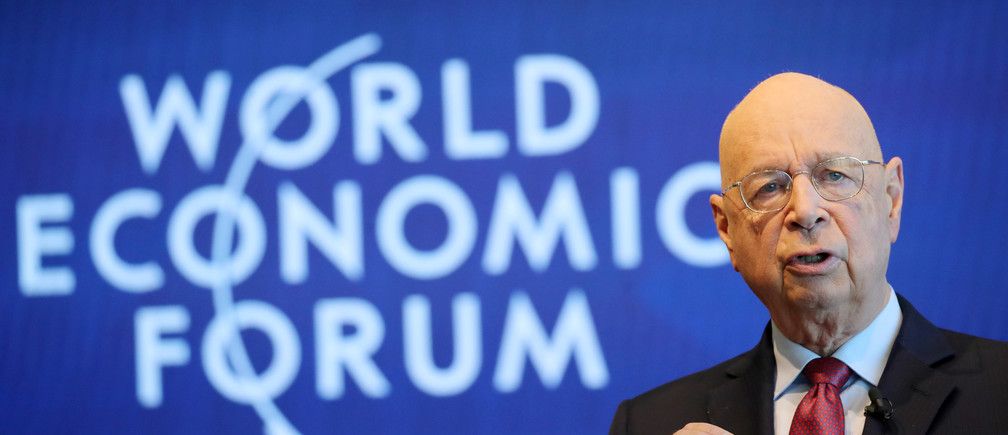World Economic Forum founder says both Trump and Thunberg’s voices welcome

A few minutes every morning is all you need.
Stay up to date on the world's Headlines and Human Stories. It's fun, it's factual, it's fluff-free.
On Tuesday, January 21, the annual World Economic Forum (WEF) is set to open in Davos, Switzerland. The event, created in 1971, brings together the world’s policymakers, activists and leaders to help “shape global, regional and industry agendas.” This year’s event will have a strong focus on technological change and debates surrounding climate change.
Both US President Donald Trump and Swedish climate activist Greta Thunberg will speak at the forum on Tuesday, each with competing goals. Trump, a skeptic of changes to industry culture in response to global warming, is likely to extol his brand of ‘America First’ economic policy at the event.
By contrast, Thunberg, Time Magazine’s 2019 Person of the Year – a title she has gained for her climate activism – will likely offer a rebuke of Trump’s vision. Thunberg views climate change as an existential threat to human beings and the natural environment.
Ahead of the event, WEF’s founder, Klaus Schwab, has suggested that both voices are welcome at the event saying that “ […] both voices are necessary.”
Trump an outsider in Davos
Trump is unlikely to find many leaders that agree with his views on climate change at the event.
According to a WEF survey, the top five risks across the next decade all relate to the environment, including extreme weather and the collapse of ecosystems. “The near-term impacts of climate change add up to a planetary emergency that will include loss of life, social and geopolitical tensions and negative economic impacts,” the WEF has warned in a recent report on its survey.
Schwab also agrees with the WEF’s outlook. “Now we have recognized the urgency, because we know the window to act [on climate change] is closing,” he said. [We hope to incorporate] “this sense of urgency into the meeting.”
Trade woes
Late last year, the International Monetary Fund (IMF) cut its global growth forecasts for 2020, citing “trade barriers” as a significant reason. Similarly, the World Bank has downgraded its forecasts earlier this month by 0.2 percentage points.
Despite the United States and China’s recent progress on a trade deal, experts are doubtful it will have a significant impact on these forecasts. After the initial deal had been announced, the World Bank warned that it is unlikely to lead to rapid economic improvement. This is coupled with retaliatory tariffs that continue to exist today.
At the WEF, leaders will discuss ways to keep global growth steady while reversing the effects of climate change – a topic with considerable history at the event.




Comments ()